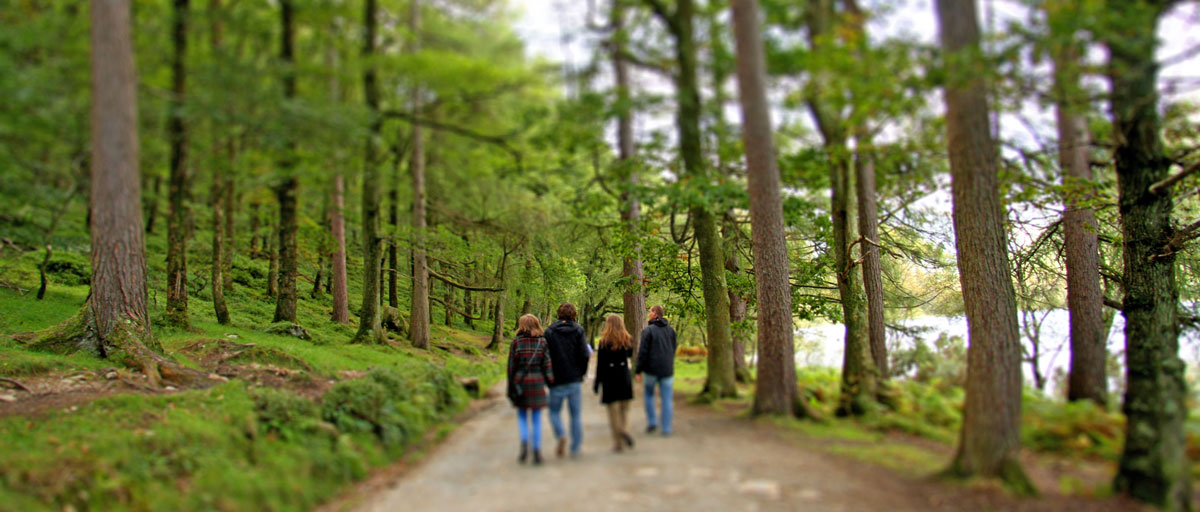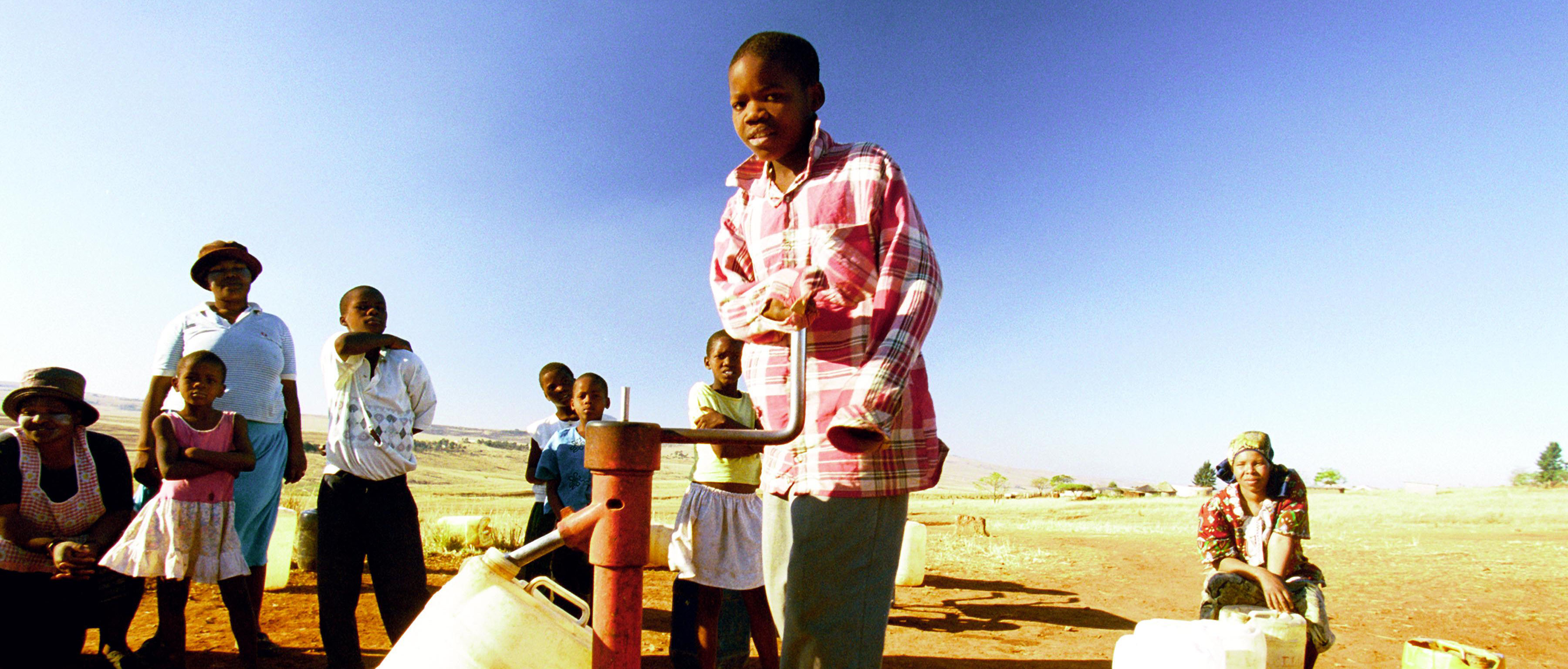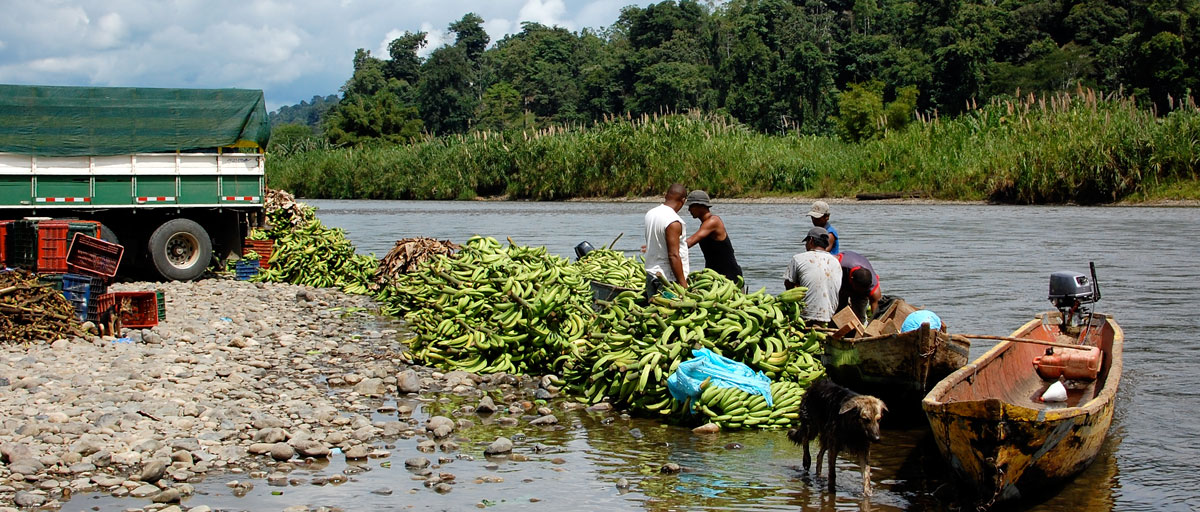
A paper recently published in the journal Science has hit a nerve arguing that the traditional concept of ecosystem services is too focused on natural sciences and economics, thus ignoring aspects of social and human sciences. SRC researchers provide their perspective on the discussion. Photo: K. Johnsson/Azote
Bildtext får vara max två rader text. Hela texten ska högerjusteras om den bara ska innehålla fotobyline! Photo: B. Christensen/Azote
Nature’s contributions to people
A breeze of perspectives in a stormy debate
Questions around the popular ecosystem services framework and nature’s contribution to people has hit a nerve
- Discussions have erupted after a recent paper presented an alternative to the popular ecosystem services framework.
- Centre researchers argue a multitude of perspectives and approaches on the connections between ecosystems and how people benefit from them, should be welcomed
- Article points out both strengths and weaknesses of the nature’s contributions to people frameworks
The ecosystem services science community are experiencing something close to an intellectual turmoil after a recent paper presented an alternative to the popular ecosystem services framework.
The paper, published in the journal Science by Sandra Diaz from Universidad Nacional de Córdoba in Argentina, and co-authored by several others, argues that the traditional concept of ecosystem services is too focused on natural sciences and economics, thus ignoring aspects of social and human sciences.
Diaz and her colleagues propose that the concept of nature’s contribution to people’s (NCP) quality of life will widen the range of the disciplines involved, recognizing the additional value generated by an inter-disciplinary approach.
The paper hit a nerve. Critics argue the paper misrepresented existing ecosystem services research, provided no evidence that the new framework was better than the ecosystem services approach, and focused too much on one overarching framework.
Keep it civilized
Seven SRC researchers, along with two colleagues from other institutions, provided their perspective on the discussion in an editorial recently published in Ecology and Society. The authors call for civility, pluralism and openness, and highlight strengths and weaknesses of the new framework.
Lead author Garry Peterson and colleagues point out that there are benefits of welcoming a diversity of perspectives and approaches. They also warn that a division in the science community could interfere with the advancement of science and lower the support for conservation efforts.
We call for a recognition of pluralism and the need for a richer process of mobilizing, translation, and discussion among many different perspectives on people’s relationship with nature
Garry Peterson, lead author
More dynamic concept, but also shortfalls
The ecosystem services (ES) framework was introduced in the 1970s, and really took off in the 2000s. Ecosystem services was an attempt to recognize that ecosystems produce multiple benefits for people, ranging from food, to flood regulation, and beauty that are not often included in decision making. It has since then inspired a great quantity of research, has lead to changes in policy in law in many countries, including Sweden.
Peterson and his colleagues make the point that the NCP framework raises the bar when it comes to considering how cultural context influence how people perceive nature and good quality of life. They also argue that the framework indicates a more dynamic approach to future change, which is more in line with the view of resilience science.
But NCP also comes with shortfalls. One of these is that the framework has replaced the word ecosystems with nature. Urban and agro-ecosystems are home of, and support the life of, most of the world’s population. Since neither of these ecosystems generally are considered nature, Peterson and his team argue that this gives too little attention to these important systems. They also bring up that the use of nature instead of ecosystems fails to communicate that humans are the main force shaping the ecosystems today.
Another shortfall, according to the authors, is that while the framework acknowledges some forms of human-nature relationships, other forms remain unmentioned. For example, the NCP framework highlights a one-way flow relationship from nature to people, neglecting feedback relationships, when several research has shown that human actions have a big influence on the production and distribution of benefits that nature provides us with.
Can undermine international commitments
The NCP framework has been developed within the Intergovernmental Science-Policy Platform on Biodiversity and Ecosystem Services (IPBES). The strong reactions to the article have included a questioning of credibility of the entire IPBES process.
Peterson and colleagues point out that discrediting the multitude of assessments carried out by hundreds of scientists within the IPBES as a reaction to a single paper seems extreme. They also warn about what such a division among scientists could mean:
”Although scientific debate is vital for testing ideas, polarization within scientific communities often impedes science and practice because it can lead to the silencing of less powerful voices and reducing the diversity of perspectives in divisive and unproductive discussion,” the authors argue.
Furthermore, they warn, in this particular case, such divisions threaten to undermine the challenging process of securing the international commitment for IPBES, at a time when it requires greater capacities and financial support.
The authors round the paper up by encouraging IPBES to continue to build bridges between more diverse sources of knowledge. While the platform goes to some lengths to include different knowledge systems, it could benefit a lot by taking this process a few notches further, they argue.
“By for instance collaborating with other actors and institutions, IPBES could gain knowledge from a wider range of disciplines, industries and cultures, which could help it to make a bigger impact on the development of global and local biodiversity,” they conclude.
Peterson, G. D., Z. V. Harmackova, M. Meacham, C. Queiroz, A. Jiménez Aceituno, J. J. Kuiper, K. Malmborg, N. E. Sitas, and E. M. Bennett. 2018. Welcoming different perspectives in IPBES: “Nature’s contributions to people” and “Ecosystem services”. Ecology and Society 23(1):39.
https://doi.org/10.5751/ES-10134-230139









